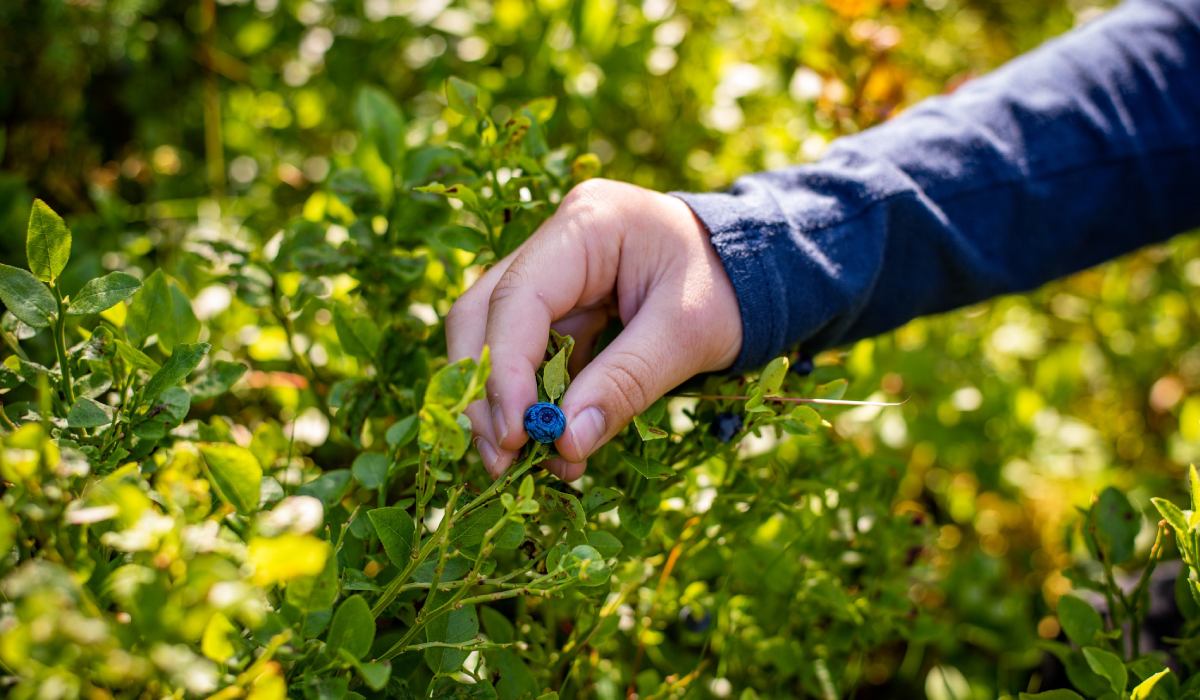In today’s fast-paced world, reconnecting with nature through foraging offers both sustenance and a profound sense of self-reliance. Foraging—the practice of gathering wild, edible plants—has been a cornerstone of human survival for millennia. Modern survivalists and outdoor enthusiasts are rediscovering this ancient skill, recognizing its value not just in emergency situations but also as a means to deepen their relationship with the environment. By learning to identify and harvest local flora responsibly, individuals can enhance their outdoor experiences and ensure they’re prepared for unforeseen challenges.
Embracing foraging requires a blend of experience and expertise. Seasoned foragers emphasize the importance of thorough knowledge, as misidentification can lead to consuming harmful plants. Trustworthy resources, such as field guides and workshops led by botanical experts, are invaluable for beginners. Moreover, understanding the ecological impact of foraging is crucial; sustainable practices ensure that plant populations remain healthy and ecosystems balanced. By approaching foraging with respect and responsibility, survivalists not only nourish themselves but also uphold the integrity of the natural world.
Integrating foraging into one’s survival skill set aligns with the principles of E-E-A-T (Experience, Expertise, Authoritativeness, and Trustworthiness) emphasized by search engines like Google. Sharing firsthand experiences, citing reputable sources, and demonstrating a deep understanding of local ecosystems can enhance the credibility of content related to foraging. As more individuals seek authentic and sustainable ways to connect with nature, mastering the art of foraging stands out as both a practical survival skill and a testament to one’s commitment to environmental stewardship.

Leave a Reply